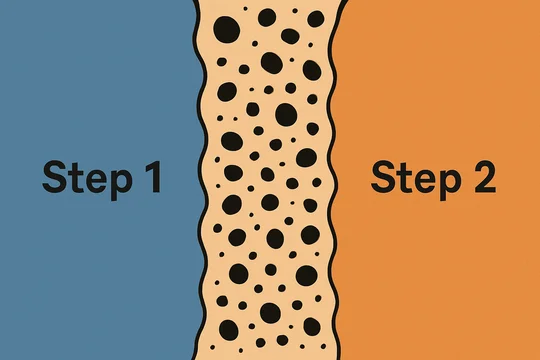
I still remember when, as a first-year associate (circa 2009), a senior attorney explained to me that courts will not hold a patent "valid," and instead will normally only say that it is "not invalid." It seemed like a bit of a silly distinction at the time, but it actually makes perfect sense, and it has come up again and again in my practice since then.
Courts do not typically hold that a patent is "valid" because that would suggest it is impervious to future challenges. Instead, courts often hold that a patent is "not invalid," i.e., that the moving party in a case before the Court failed to show that the patent was invalid due to some circumstance. That language recognizes that another party on another day might yet prove the opposite: that the patent is invalid.
This came up recently in Laboratory Corporation of America Holdings v. Natera, Inc., C.A. No. 21-669-GBW (D. Del.). In that case, the defendant had originally brought a motion to dismiss on § 101 grounds, and Judge Stark denied it. Id., D.I. 28 at 7.
Now, almost four years later and in the lead-up to trial, the plaintiff moved in limine to preclude the defendant from re-raising its failed § 101 argument:
Plaintiff "seeks to preclude Natera from presenting argument or evidence regarding patent eligibility of the Asserted Patents under § 101." . . . Plaintiff contends that such preclusion is warranted because (purportedly) "[t]he Court has already spoken on patent eligibility and has ruled that the Asserted Patents are directed to eligible subject matter."
Id., D.I. 325 at 4.
The Court denied the motion, and will permit the defendant to re-raise its § 101 argument at trial. The Court offered ...








